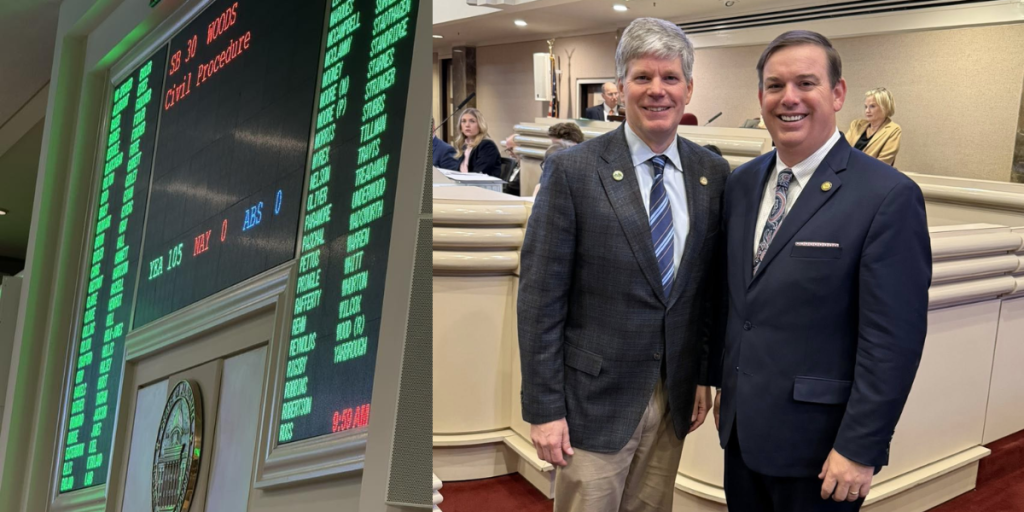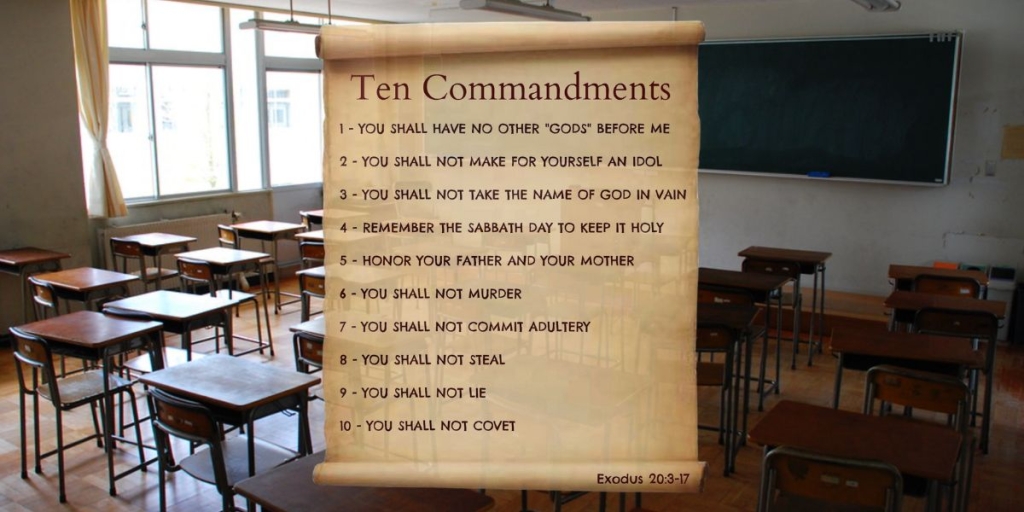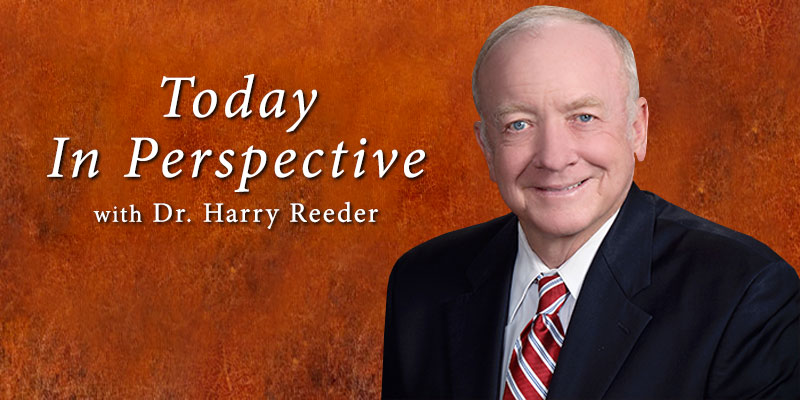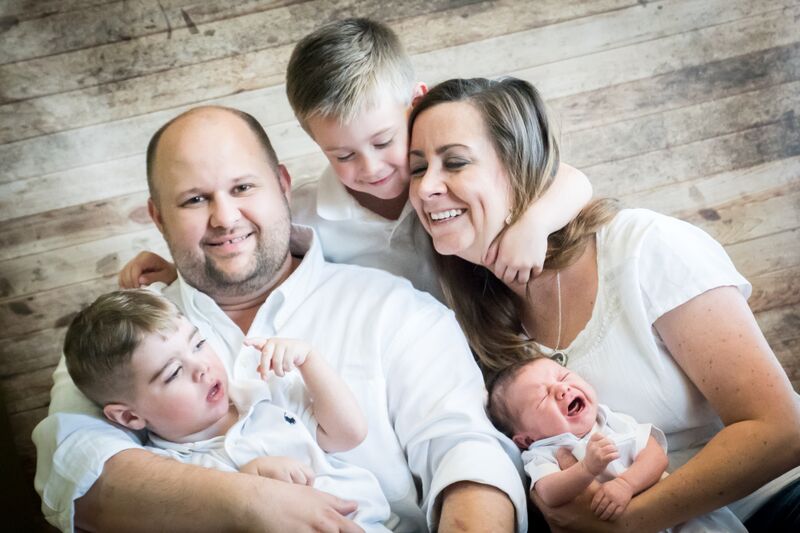
God’s model for the family is beautiful and good, the very picture of the union of Christ and his church: the fruitful marriage of one man and one woman.
Yet, the church often doesn’t know what to do with those who—whether by circumstance, conscience, choice or simply through the brokenness of creation—fall outside the mold that shapes this ideal of family life.
There is an unspoken assumption that this failure to fit the pattern is just that—a failure. To be sure, sometimes we break the mold by our choices, even our sins. But ours is a God of great imagination and infinite surprises. He sometimes calls us out of the standard mold and into a new one.
The primary calling of God for all Christians is, of course, the call to salvation, followed by the call to obedience to his will as revealed in his Word. This mold is for every believer. But the way in which God further refines and shapes that mold in calling each believer individually to serve the kingdom—through our vocation—can sometimes upend our expectations and even our desires.
It would be nice if God’s call on our life always coincided neatly with our passions and talents, but that’s not always, perhaps not even often, how it works. While it’s certainly true that our passions and talents hint at our calling, God sometimes calls us to things we don’t want to do and don’t have a knack for.
Just ask Moses.
Just ask Martin and Katharina Luther.
Just ask the fast food worker pulling long hours in order to put a roof over the head of the child God called him to father.
Just ask my many, many single friends who don’t have any particular passion or skill for being alone (quite the opposite, in fact) but have yet to be called by God into the office of marriage.
Or just ask me.
I believe God has called me to childlessness.
I have written about my infertility resulting from endometriosis. Infertility doesn’t necessarily or always mean perpetual childlessness, of course. After all, one can become a parent other ways. I had always desired to be a mother since I was a little girl, so, naturally, my husband and I considered these alternatives.
First, we considered the medical route. But after undergoing basic corrective testing and procedures, we became quickly convicted that the more intrusive interventions violated our consciences on a number of grounds. The cost of infertility treatments runs into the tens of thousands of dollars, and even if we had no ethical concerns about creating and storing human embryos (which we do), we would not be able to justify the expenditure of so many resources (even if covered by insurance) to produce children, especially given that so many children are already awaiting adoptive homes. Over 400,000 children in 2014 were in foster care, with nearly half of these not expected to return to their biological families. Sadly, however, the number of domestic adoptions in recent years has been steadily declining, from 140,034 children in 2001 to 119,514 in 2012. International adoption has also declined each year since 2004. In the meantime, 61,000 babies born in the U.S. in 2012 were conceived with the assistance of in vitro fertilization, making up 1.5 percent of all births that year. I know a few of those babies, and I rejoice with their parents in their precious little lives. Yet, my strong convictions assured me that I was not called to do likewise.
So we explored adoption. But while we were working through the housing, financial and work complexities that presented obstacles, God prompted us in other directions of ministry and work that seemed to keep adoption out of reach. The “someday” I assumed God would bring about for us in adopting never came. (At least, not yet.)
Instead, quite against my own personality and inclination, God kept calling me away from home—to travel, to speak, to write, to work—and blessing that work abundantly. Perhaps God thwarted my plans just to shatter my assumptions about my life and about him. He is, after all, as C. S. Lewis says in A Grief Observed, the great iconoclast. He shatters idols we don’t even know we’ve made.
I can’t, of course, presume to know God’s mind and ways. But I have come to understand why God might have been directing my steps toward his calling on my life (Prov. 16:9). Like my own personal version of It’s a Wonderful Life, a picture of how different my life would be if I’d had the children I always wanted runs through my mind, and I know that the ways God is using me now would never have been possible if he had made me a mother. (I’m wrecked just being separated from my dogs for two days!)
The contributions God has allowed me to make to the church and the world are contributions specific to being a woman, and, further, a woman without children.
I believe that the church and the world need more of the particular gifts that infertile (and childless and unmarried) women (and men) can offer. I can’t help but wonder how different the church and the world would look if infertility were viewed not as a problem to be solved, but a calling to serve God and meet the needs of the world in other ways.
Looking back, I realize how my husband and I navigated these decisions apart from meaningful guidance from the church, despite our continuous and active involvement in small, conservative congregations over those “be fruitful and multiply” years. The unspoken assumption from everywhere seemed to be simply that Christians are to marry and have children, and when difficulties arise, it’s a problem to be solved, one step at a time wherever the next step leads. Even my Christian OB/GYN assumed we would take the next logical step in treatment. We were the ones who had to put on the brakes and ask ourselves what was God calling us to do—and what he was not calling us to do.
Sometimes God’s calling is not one we want. Yet, obeying that call is the only thing that will bring us true and lasting joy. Recognizing my childlessness as a call of God has transformed the way I see my whole life and the work of the Lord in it. For many years, my desire was to be a mother. My desire now is to be the woman that God calls me to be. No more. And no less.
If the church has made an idol out of a certain mold, then we are hindering each other from finding and following—confidently and contentedly—God’s calling on our lives even when, or especially when, that calling doesn’t fit the mold.
We know that in heaven there will be no more marriage or giving in marriage; our earthly unions are but temporal signposts of the eternal union of Christ and his bride. If, for now, we are poor or broken, childless or spouseless, waiting or wanting—yet obedient—we are not failures. We are called his children.
(By Karen Swallow Prior, courtesy of ERLC)












